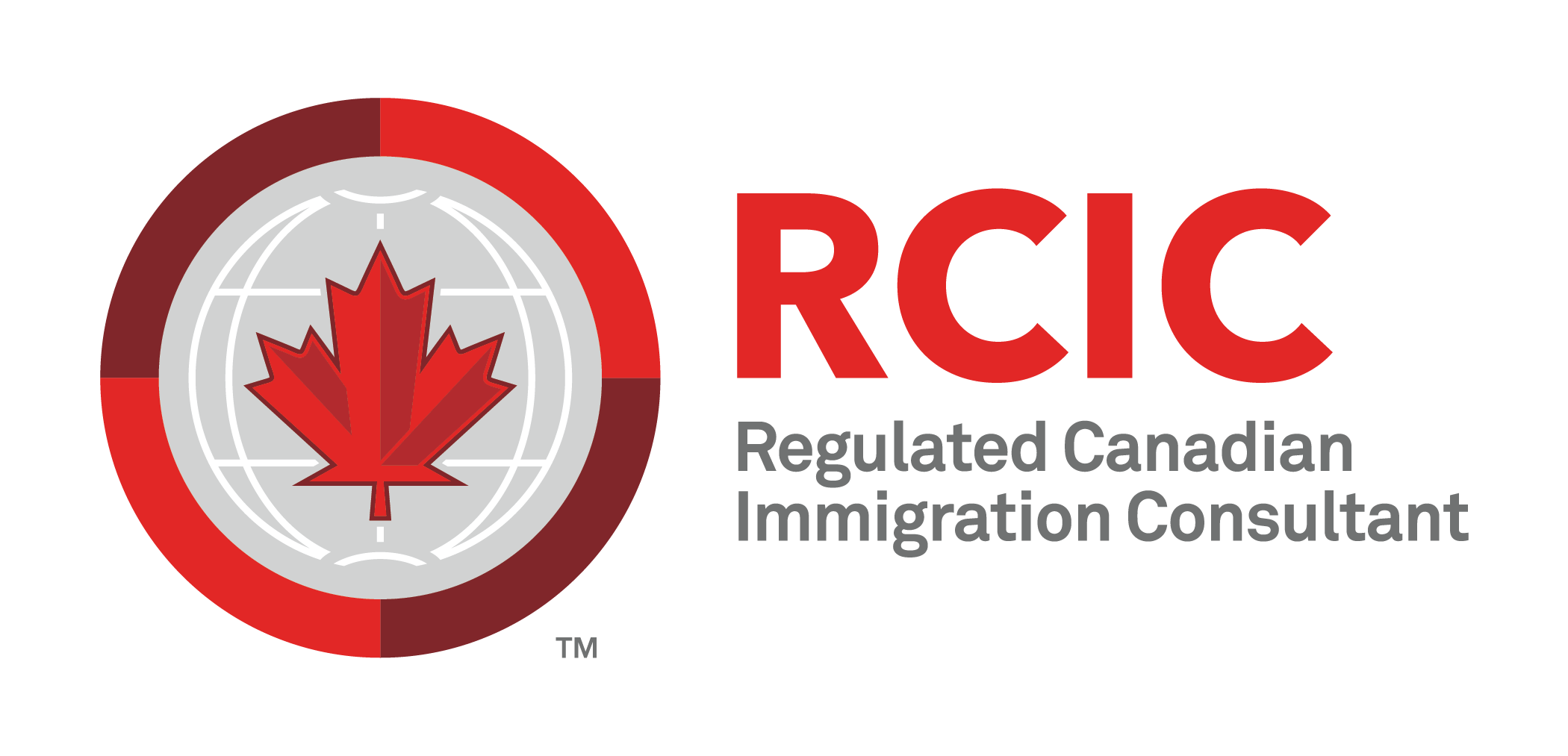Sault Ste. Marie and Brandon Announce Priority Sectors for New Permanent Residence Pathway under the Rural Community Immigration Pilot
April 21, 2025

Under the Rural Community Immigration Pilot, in a bold step to enhance regional immigration streams, the Canadian cities of Sault Ste. Marie and Brandon launched their priority sectors. The pilot program helps to fill labor gaps in rural communities by opening a simplified pathway to permanent residence for foreign nationals.
Sault Ste. Marie: Focusing on Key Economic Sectors
Based in Northern Ontario, Sault Ste. Marie has made the investment in the following sectors a priority for the RCIP:
- Education, law, social, community, and government services
- Health
- Manufacturing and utilities
- Sales and service
- Trades and transport
The city received 300 spots for the RCIP in 2025. While certain eligible occupations within these fields are yet to be released, the priority suggests an intentional plan to address key labor shortages within the community.
Brandon: Detailed Occupational Priorities with Language Requirements
Brandon, the province of Manitoba’s second-largest city, has issued an exhaustive list of priority occupations, related jobs, National Occupation Classification (NOC) codes, and minimum Canadian Language Benchmark (CLB) levels under Rural Community Immigration Pilot (RCIP) initiative. The initiative proves the strategic stance of the city to bring and retain highly qualified personnel in emerging economic sectors.
Education, Law & Social, Community & Government Services
- Early childhood educators and assistants (NOC 42202) – CLB 5
Health
- Dentists (NOC 31110) – CLB 6
- General practitioners and family physicians (NOC 31102) – CLB 6
- Licensed practical nurses (NOC 32101) – CLB 5
- Nurse aides, orderlies, and patient service associates (NOC 33102) – CLB 5
- Registered nurses and registered psychiatric nurses (NOC 31301) – CLB 6
- Specialists in clinical and laboratory medicine (NOC 31100) – CLB 6
- Specialists in surgery (NOC 31101) – CLB 6
Manufacturing & Utilities
- Industrial butchers and meat cutters, poultry preparers, and related workers (NOC 94141) – CLB 4
Natural & Applied Sciences
- Civil engineering technologists and technicians (NOC 22300) – CLB 5
- Civil engineers (NOC 21300) – CLB 6
- Industrial and manufacturing engineers (NOC 21321) – CLB 6
- Mechanical engineering technologists and technicians (NOC 22301) – CLB 5
- Mechanical engineers (NOC 21301) – CLB 6
- User support technicians (NOC 22221) – CLB 5
Trades & Transport
- Automotive service technicians, truck and bus mechanics, and mechanical repairers (NOC 72410) – CLB 5
- Carpenters (NOC 72310) – CLB 5
- Concrete finishers (NOC 73100) – CLB 5
- Construction millwrights and industrial mechanics (NOC 72400) – CLB 5
- Construction trades helpers and labourers (NOC 75110) – CLB 4
- Heating, refrigeration, and air conditioning mechanics (NOC 72402) – CLB 5
- Heavy-duty equipment mechanics (NOC 72401) – CLB 5
- Painters and decorators (except interior decorators) (NOC 73112) – CLB 5
- Plumbers (NOC 72300) – CLB 5
- Welders and related machine operators (NOC 72106) – CLB 5
Brandon has been set aside 180 positions for the Rural Community Immigration Pilot (RCIP) in 2025, of which 15% have been set aside to go specifically to the healthcare industry. The remaining positions will be set aside for other industries on a first-come basis.
Understanding the Significance of Priority Sectors and Occupations under Rural Community Immigration Pilot
The Rural Community Immigration Pilot is an employer-led route to permanent residence in Canada that aims to fill labor gaps in rural communities. Candidates must have a job offer from a designated employer who has been approved by an economic development organization in a participating community.
By determining priority sectors and occupations, communities can target foreign nationals whose skills match local economic requirements, providing a more effective match between immigrants and employment opportunities.
Rural and Northern Immigration Pilot
The Rural and Northern Immigration Pilot (RNIP) is a Canadian immigration initiative meant to benefit small, rural towns in bringing and keeping talented overseas workers to help meet local labour market demands. Initiated by Immigration, Refugees and Citizenship Canada (IRCC), the RNIP permits participating towns to nominate eligible applicants for permanent residency based on their intention to work and reside within the town.
This community-based program assists in boosting economic development and regional growth beyond large urban areas. Under the Rural Community Immigration Pilot, businesses in designated communities are able to recruit international talent for in-demand occupations, and newcomers enjoy an easier integration process with the assistance of local programs and community support networks.
Rural and Francophone Community Immigration pilots
Canada has launched targeted immigration programs such as the Rural and Francophone Community Immigration Pilots to fill labour gaps and aid in the development of rural communities. The programs are designed to attract foreign skilled workers who are willing to settle and work in rural or Francophone parts of Canada that are beyond the large cities.
The Rural Community Immigration Pilot, for example, assists Canadian designated rural communities to capture important job opportunities by bringing local employers and international talent together.
The Francophone pilot, meanwhile, encourages French-speaking newcomers to settle in communities where French is not predominant, enhancing Canada’s bilingual identity. Both initiatives provide a route to permanent residency and assist in economic growth in underserviced areas nationwide.
What is RCIP?
Launched earlier this year, the Rural Community Immigration Pilot is a five-year federal program geared towards assisting the designated rural communities outside of Quebec in addressing chronic labor shortages. A pathway toward permanent residence is offered to foreign nationals who wish to live and work in these communities long-term.
To qualify for the RCIP, applicants should:
- Have an employment offer from a prescribed employer within a participating community.
- Meet the work experience, education, language, and proof of funds requirements.
- Intend to live in the community.
- Be in temporary resident status in Canada at the time of application and continue until the grant of permanent residence.
The RCIP is a replacement of the Rural and Northern Immigration Pilot Program (RNIP), which stopped accepting new applications in August 2024. With 14 communities that are participating in the RCIP, more will be announcing their priority occupations and sectors in the coming months.
If you want to know more details about “Sault Ste. Marie and Brandon Announce Priority Sectors for New Permanent Residence Pathway under the Rural Community Immigration Pilot“ you can contact one of our immigration specialists at Gunness & Associates.
Please Book an Appointment with a Member of Our Assessment Team!
Book an Appointment Now with Gurleen!
Book an Appointment Now with Sahitya!
Gunness & Associates has helped thousands of people successfully immigrate to Canada with their families. Our skilled and experienced immigration experts have the expertise to accurately examine your case and advise you on the best method of proceeding to serve your needs.
For Honest And Straightforward Advice, Contact The Experts
Get a Free Assessment
All rights reserved ©2025 Gunness & Associates







